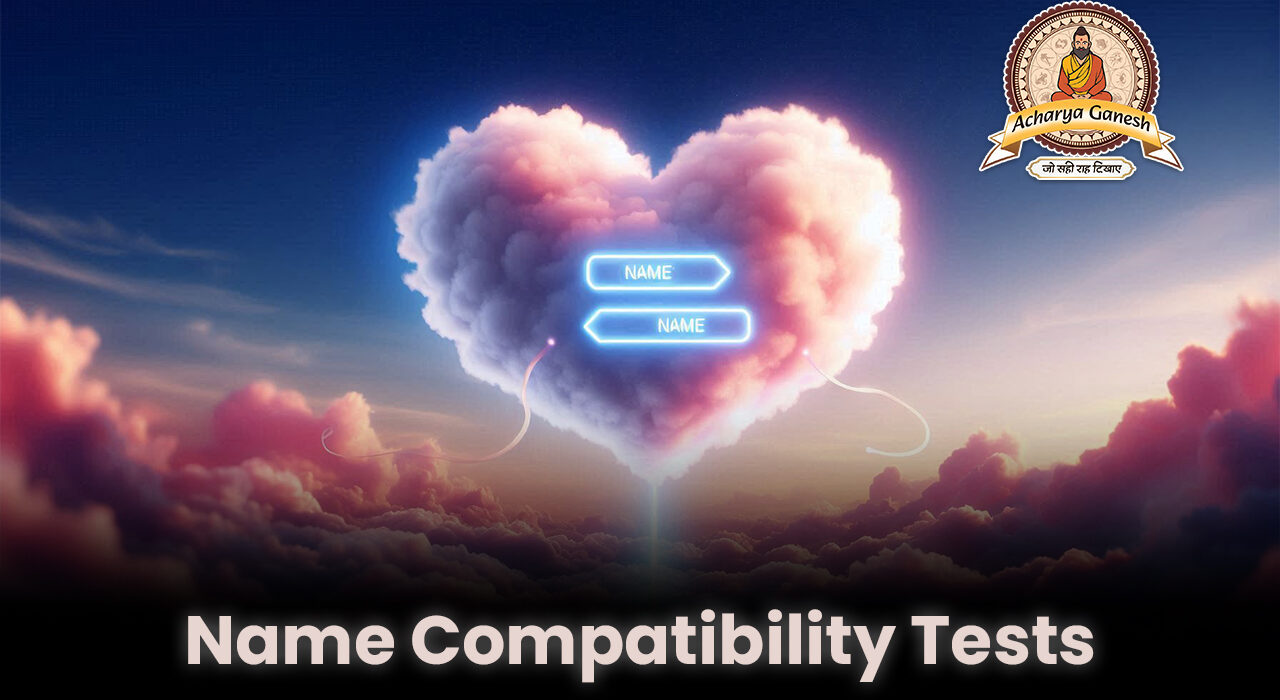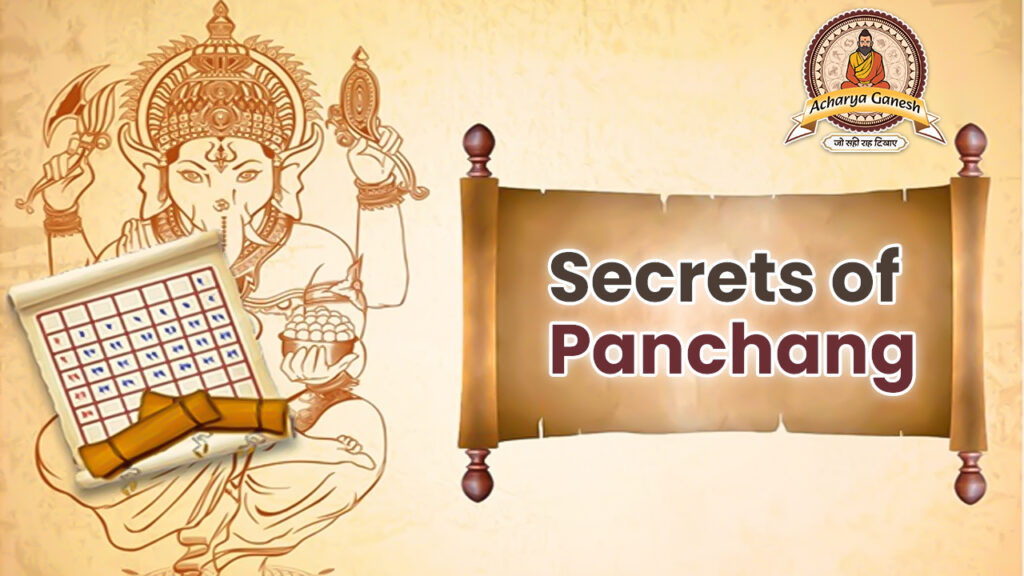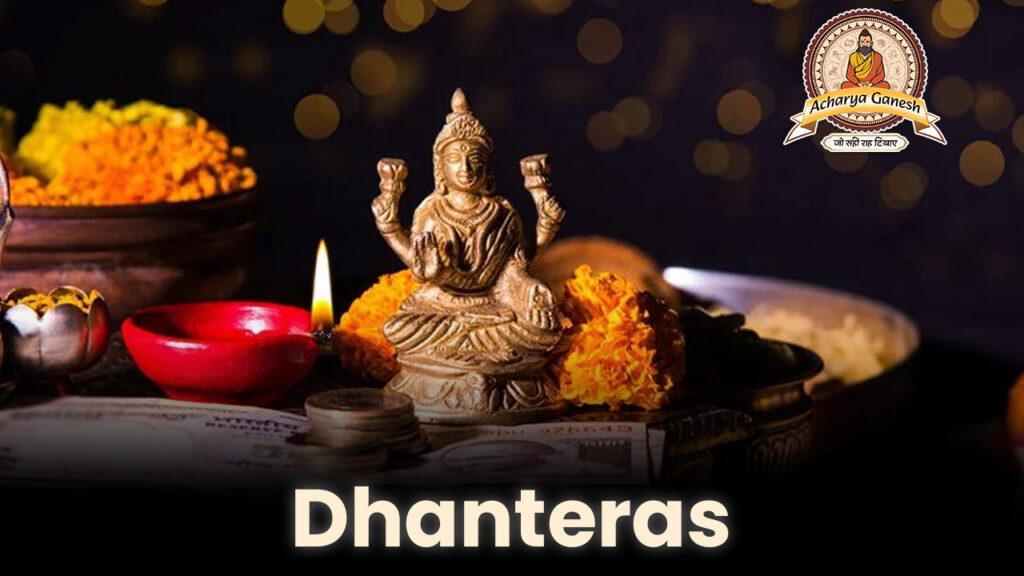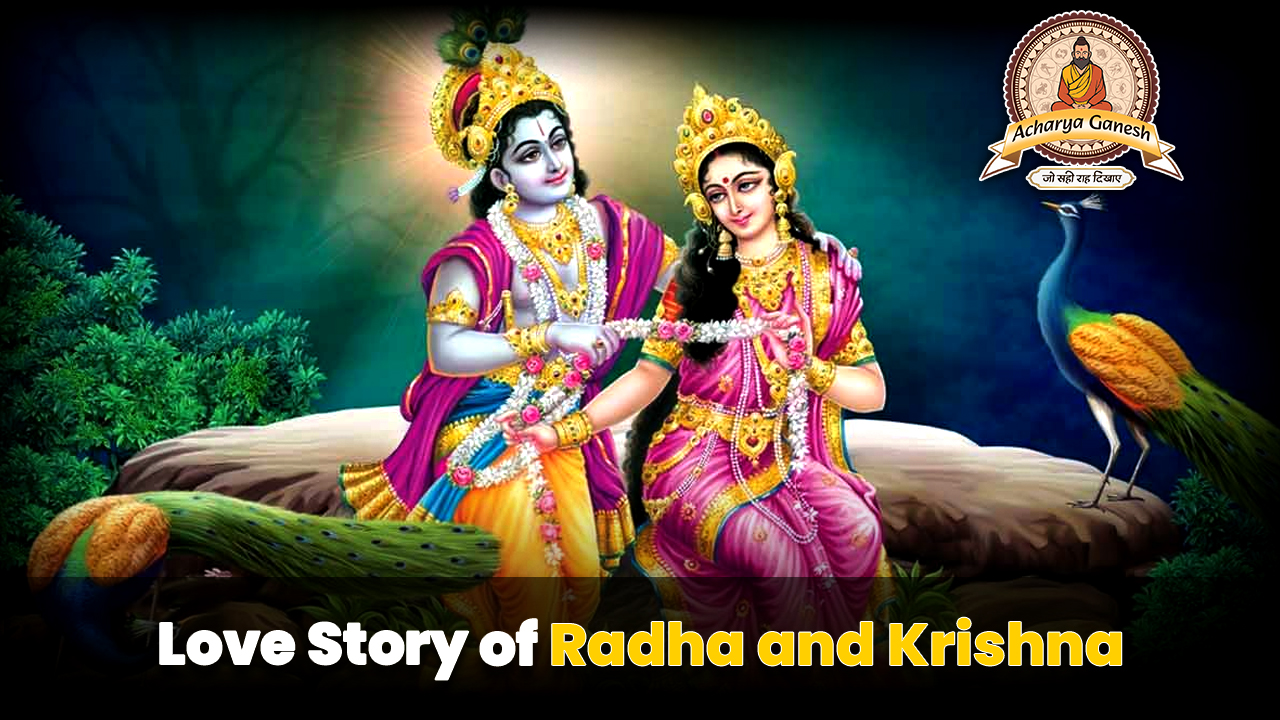The Ultimate Guide to Name Compatibility Tests: Find Your Perfect Match

Introduction to Name Compatibility Tests
Have you ever wondered if your name is compatible with your partner’s? Name compatibility tests have been around for centuries, offering insights into relationships based on the unique vibrations of names. These tests are more than just fun games; they can provide valuable information about personality traits, communication styles, and potential challenges in a relationship.
In this comprehensive guide, we’ll explore the fascinating world of name compatibility tests, their origins, methods, and significance in modern relationships. Whether you’re single, in a new relationship, or have been married for years, understanding name compatibility can offer a fresh perspective on your connections with others.
The Science Behind Name Compatibility
Name compatibility tests are rooted in various disciplines, including numerology, astrology, and linguistics. The basic premise is that each name carries a unique energy or vibration that influences the person’s character and life path. When two names are combined, their energies interact, creating either harmony or discord.
Numerology and Name Compatibility
One of the most common methods used in name compatibility tests is numerology. This ancient practice assigns numerical values to letters based on their position in the alphabet. For example:
- A, J, S = 1
- B, K, T = 2
- C, L, U = 3
- And so on…
To calculate a name’s numerological value, you add up the numbers associated with each letter and then reduce the sum to a single digit (unless it’s a master number like 11, 22, or 33).
For instance, the name “John” would be calculated as:
J (1) + O (6) + H (8) + N (5) = 20
2 + 0 = 2
So, John’s name number would be 2.
When comparing two names, numerologists look at the relationship between these numbers to determine compatibility. Some number combinations are considered more harmonious than others.
Linguistic Analysis in Name Compatibility
Another approach to name compatibility focuses on the sounds and meanings of names. This method considers factors such as:
- The origin and cultural significance of names
- The phonetic qualities of names when spoken together
- The symbolic meanings associated with names
For example, names with similar sounds or complementary meanings might be considered more compatible.
Different Types of Name Compatibility Tests
There are several types of name compatibility tests, each with its methodology and focus:
- Numerology-based tests: These use the numerical values of names to assess compatibility.
- Astrological tests: These incorporate zodiac signs and birth dates along with names.
- Letter analysis: This method examines the first letters of names and their significance.
- Cultural compatibility: Some tests consider the cultural origins and meanings of names.
- Sound harmony: This approach focuses on how names sound together and their rhythmic qualities.
- Name length compatibility: Some believe that names of similar lengths are more harmonious.
Each type of test offers a unique perspective on compatibility, and many people choose to explore multiple methods for a more comprehensive understanding.
How to Perform a Name Compatibility Test
Performing a basic name compatibility test is relatively simple. Here’s a step-by-step guide:
- Choose your method: Decide which type of test you want to use (e.g., numerology, letter analysis).
- Gather information: Write down the full names of both individuals. For some tests, you may also need birth dates.
- Calculate individual values: If using numerology, assign numbers to each letter and calculate the name’s total value.
- Compare values: Look at the relationship between the two names’ values or characteristics.
- Interpret results: Use a compatibility chart or guide to understand what your results mean.
For a more in-depth analysis, you might consider using an online name compatibility calculator or consulting with a numerologist or astrologer.
Interpreting Your Name Compatibility Results
Once you’ve performed a name compatibility test, it’s important to understand what the results mean. While interpretation can vary depending on the method used, here are some general guidelines:
- High compatibility: Indicates a strong potential for harmony and understanding in the relationship.
- Moderate compatibility: Suggests a balanced relationship with both strengths and challenges.
- Low compatibility: May indicate potential areas of conflict or misunderstanding that require extra effort to overcome.
Remember that name compatibility is just one factor in a relationship. It should be considered alongside other aspects such as shared values, communication skills, and mutual respect.
The Benefits of Name Compatibility Tests
While name compatibility tests shouldn’t be the sole basis for relationship decisions, they can offer several benefits:
- Self-reflection: The process of analyzing names can prompt introspection about personal traits and relationship patterns.
- Communication tool: Discussing name compatibility can open up conversations about expectations and relationship dynamics.
- Fun and bonding: Performing these tests together can be an enjoyable activity for couples or friends.
- Cultural exploration: Learning about name meanings and origins can increase cultural awareness and appreciation.
- Insight into potential challenges: Identifying areas of potential conflict can help couples prepare and work on those aspects proactively.
Common Misconceptions About Name Compatibility
Despite their popularity, name compatibility tests are often misunderstood. Let’s address some common misconceptions:
- Myth: Name compatibility determines relationship success.
Fact: While it can offer insights, many other factors contribute to a successful relationship. - Myth: Changing your name can improve compatibility.
Fact: Personal growth and communication are more effective ways to enhance relationships. - Myth: Name compatibility tests are scientifically proven.
Fact: These tests are based on ancient practices and beliefs, not modern scientific research. - Myth: Low name compatibility means the relationship is doomed.
Fact: Many successful relationships exist despite low name compatibility scores. - Myth: Name compatibility is the same across all cultures.
Fact: Different cultures have varied approaches to name significance and compatibility.
Name Compatibility in Different Cultures
Name compatibility tests have diverse cultural roots and interpretations:
Chinese Name Compatibility
In Chinese culture, name compatibility is often linked to the concept of Ba Zi, or the Eight Characters. This system considers a person’s birth date and time alongside their name to determine compatibility.
Indian Name Compatibility
Indian astrology, or Vedic astrology, uses a system called Kundali matching. This involves comparing the natal charts of potential partners, which includes an analysis of their names.
Western Name Compatibility
Western approaches often focus on numerology and the vibrational qualities of names, as well as their historical and cultural meanings.
Arabic Name Compatibility
In Arabic traditions, name compatibility may involve analyzing the numerical values of names according to the Abjad system, which assigns numerical values to Arabic letters.
Understanding these cultural differences can provide a richer perspective on name compatibility and its significance in various societies.
FAQs About Name Compatibility Tests
- Q: Are name compatibility tests accurate?
A: While not scientifically proven, many people find them insightful. Their accuracy depends on personal belief and interpretation. - Q: Can I improve my name compatibility?
A: Rather than changing names, focus on improving communication and understanding in your relationship. - Q: Do nicknames affect name compatibility?
A: Some tests consider nicknames, while others use full birth names. It’s best to use the name you identify with most strongly. - Q: How often should I perform name compatibility tests?
A: There’s no set frequency. Some people do it once out of curiosity, while others might revisit it at significant relationship milestones. - Q: Can name compatibility predict the future of a relationship?
A: No test can predict the future with certainty. Name compatibility is just one tool for understanding relationship dynamics.
Conclusion: Is Name Compatibility Right for You?
Name compatibility tests can be an entertaining and potentially insightful tool for exploring relationships. While they shouldn’t be the sole basis for major decisions, they can offer a unique perspective on personal and interpersonal dynamics.
Whether you’re a firm believer in the power of names or simply curious about this ancient practice, exploring name compatibility can be a fun and thought-provoking experience. Remember to approach these tests with an open mind and a healthy dose of skepticism.
Ultimately, the strength of a relationship depends on factors like mutual respect, communication, and shared values. Name compatibility tests can complement these elements, offering a playful way to explore your connections with others.
Why not try a name compatibility test with your partner, friend, or family member? You might be surprised by what you learn about yourself and your relationships. And remember, regardless of the results, the most important factor in any relationship is the effort and love you put into it.
For interesting astrology-related videos, subscribe to us on Youtube









